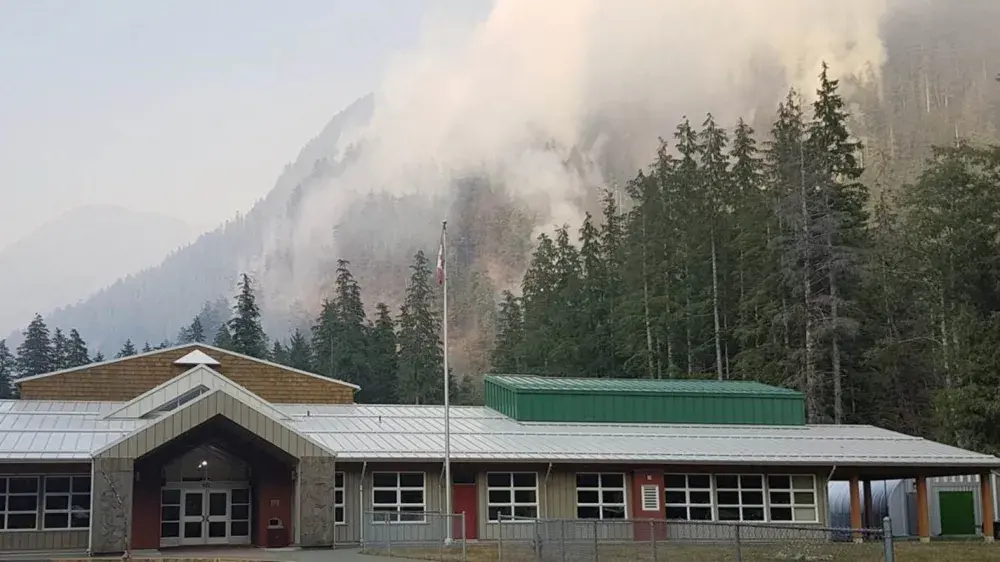Thanks to some provincial funding a remote Nuu-chah-nulth First Nation will be better prepared to deal with extreme heat.
Provincial officials recently announced they would be providing the Ehattesaht First Nation with $30,000 to help deal with various risks of extreme temperatures caused by climate change.
Ehattesaht officials plan to utilize their funding for extreme heat risk mapping, assessment and planning.
Michele Babchuk, the MLA for North Island, believes the Ehattesaht funding will be beneficial to the community since it will be better equipped to deal with extreme temperatures.
“We have all seen how extreme heat can affect people, wildlife, and our natural environment, and all levels of government are working to address these risks,” Babchuk said. “The Ehattesaht First Nation’s work to assess and plan for extreme weather will support not only their community, but the entire region as we all face the challenges extreme heat can pose.”
The funding Ehattesaht is getting is part of the more than $430,000 the province is providing to various recipients via the Community Emergency Preparedness Fund.
The fund is administered through the Union of BC Municipalities. And it is intended to assist projects that boost the resilience of First Nations and local governments within the province with their preparations and responses to climate change and natural disasters.
This fund also aims to help community representatives become more informed of the risks connected to extreme temperatures and how these will change in the future.
Recipients can use their funding to develop successful response plans as well as strategies that will help them prepare, mitigate and then adapt to risks their communities face.
The Ehattesaht First Nation was one of 10 funding recipients announced last month, and among the six to receive $30,000 each.
The qathet Regional District, including its partners Tla’amin Nation and Powell River, received the most funding, $90,000, to be utilized on its extreme temperature assessment and planning project.
“As small, remote communities, we must work together to remain resilient and respond quickly in the event of local emergencies, and we are grateful for the province's support to help us prepare,” said Clay Brander, the board chair for the qathet Regional District. “We are pleased to be collaborating with our government partners, the Tla'amin Nation and the City of Powell River, as well as the First Nations Health Authority, Island Health and Vancouver Coastal Health, to assess the risk to public health and safety, and develop response and mitigation plans for extreme temperature events.”
Last September the provincial government had provided a total of about $1.9 million to 36 First Nations and local governments to use towards their extreme heat projects and strategies.
Besides continuing to provide funds to deal with extreme heat, this year’s stream was expanded to include extreme cold plans.
Bowinn Ma, the Minister of Emergency Management and Climate Readiness, believes it was necessary to expand funding criteria.
“In addition to colder winters, people across the province are feeling the impacts of hotter summers and heat waves,” Ma said. “Extreme weather caused by climate change puts vulnerable people at risk and we need to ensure that communities have plans in place to keep people safe. This funding will help support communities in developing the tools and knowledge they need to better protect people during these extreme weather events.”
The Community Emergency Preparedness Fund was established in 2017. Since then more than $164 million has been given to First Nations and other governments.
That collective funding has helped almost 1,600 projects.

